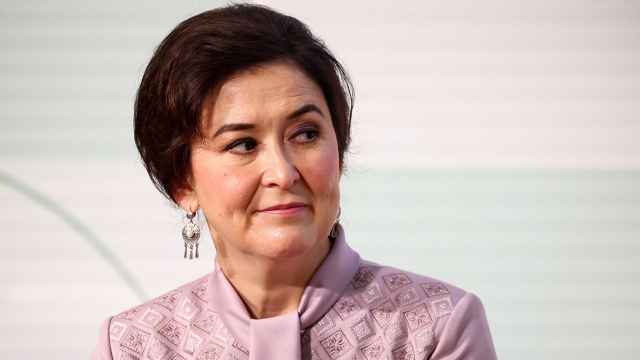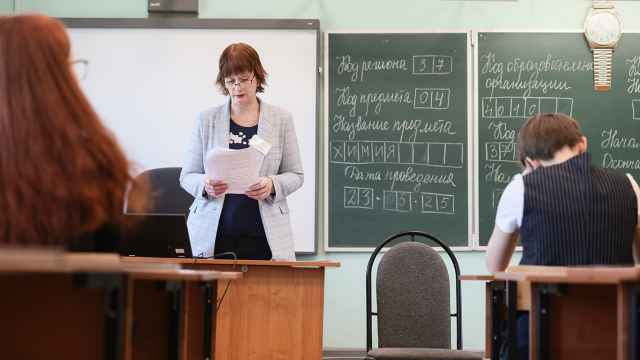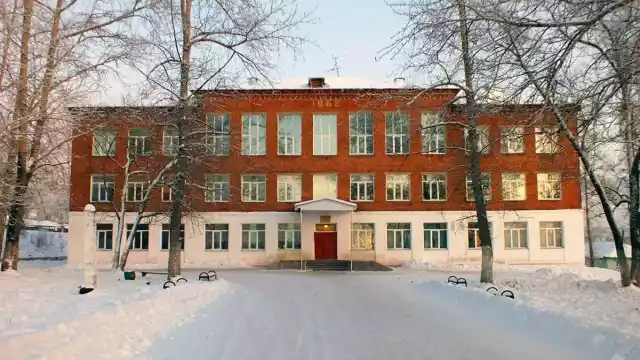KIEV — Co-hosts Ukraine and Poland struggled to dispel racism concerns Friday right up to the kickoff of the Euro 2012 football finals, the biggest event in Eastern Europe since the collapse of communism.
Poland was hoping for a winning start against 2004 champions Greece in the opening match in front of its home fans in Warsaw before Russia took on the Czech Republic in the other Group A game in Wroclaw.
Poland and Ukraine hope the monthlong tournament will show the world how far they have come since the Berlin Wall fell in 1989 and the Soviet Union collapsed two years later. Ukraine wants the finals to help it integrate with the West.
But both countries are embroiled in a dispute over racism, and Ukraine faces a boycott over its treatment of opposition leader Yulia Tymoshenko, who was jailed in a case that the West says is politically motivated.
A spokeswoman for the Dutch team said players had heard racist chants from the crowd this week during a training session.
"Some players did hear some monkey noises. That is why they moved to the other side of the pitch," the spokeswoman said, although coach Bert van Marwijk, Dutch officials and many journalists at the training session heard no racist abuse.
Ukraine has also tried to dismiss such concerns, which were fueled by a BBC documentary that showed racist violence in a Ukrainian football stadium.
"There is no racism in Ukraine," the government press office quoted Prime Minister Mykola Azarov as saying. "Ukraine is an extremely tolerant and democratic country."
A Message from The Moscow Times:
Dear readers,
We are facing unprecedented challenges. Russia's Prosecutor General's Office has designated The Moscow Times as an "undesirable" organization, criminalizing our work and putting our staff at risk of prosecution. This follows our earlier unjust labeling as a "foreign agent."
These actions are direct attempts to silence independent journalism in Russia. The authorities claim our work "discredits the decisions of the Russian leadership." We see things differently: we strive to provide accurate, unbiased reporting on Russia.
We, the journalists of The Moscow Times, refuse to be silenced. But to continue our work, we need your help.
Your support, no matter how small, makes a world of difference. If you can, please support us monthly starting from just $2. It's quick to set up, and every contribution makes a significant impact.
By supporting The Moscow Times, you're defending open, independent journalism in the face of repression. Thank you for standing with us.
Remind me later.





